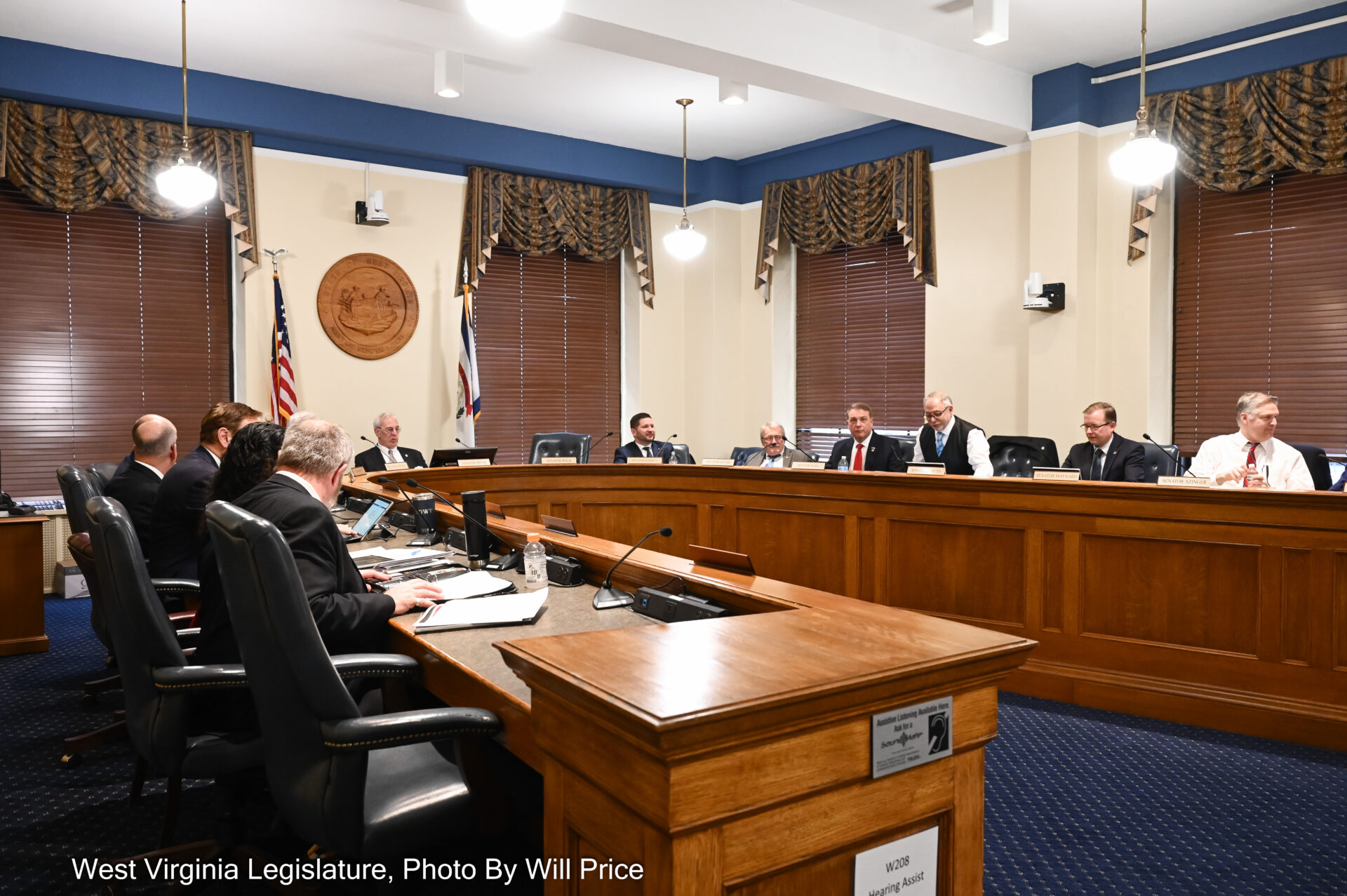Currently, no law prohibits surrogacy in West Virginia. The only state code related to surrogacy states that commercial surrogacy is legal, meaning the pregnant person can be reimbursed for carrying a child.
Senate Bill 575 would add a legal framework for surrogacy, not a required contract. Counsel explained the amendments to the bill to Senators.
“It sets up again, the system, and if and what this basically says, this bill says is if you follow these steps, and you do it this way, your interests are protected,” staff counsel said.
Senators on the Judiciary Committee debated the bill at length Friday morning. Debates focused on residency requirements for the application of the law.
Some Senators, like Sen. Patricia Rucker, R-Jefferson, worried this bill would make West Virginia a destination for surrogacy.
“I am not happy with the amended amendment,” Rucker said. “I honestly think, two problems, if you aren’t a resident of this state why would you want WV law to apply to you? To me it’s like you’re inviting people to use our state for this. I was hopeful this wasn’t about making this a destination state for this.”
The committee voted to place the bill in a subcommittee made up of Senators Tom Takubo, R-Kanawha, Mike Caputo, D-Marion, and Rucker.
